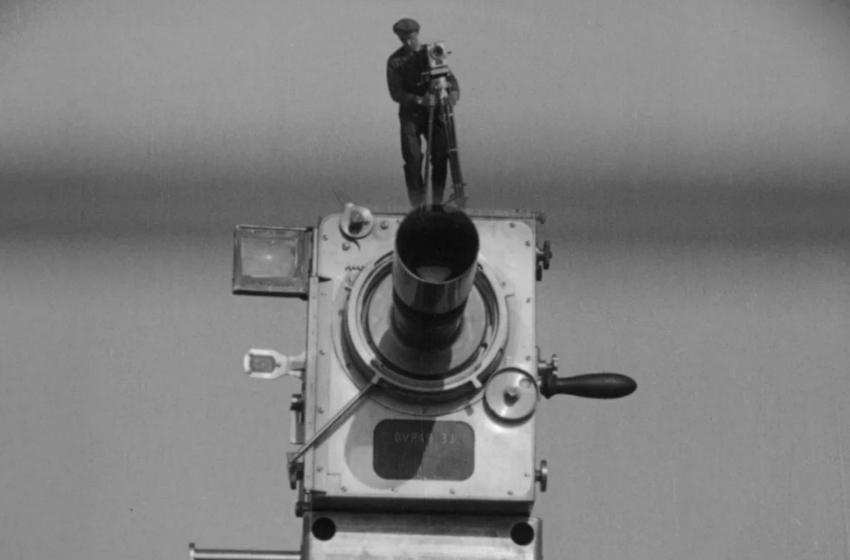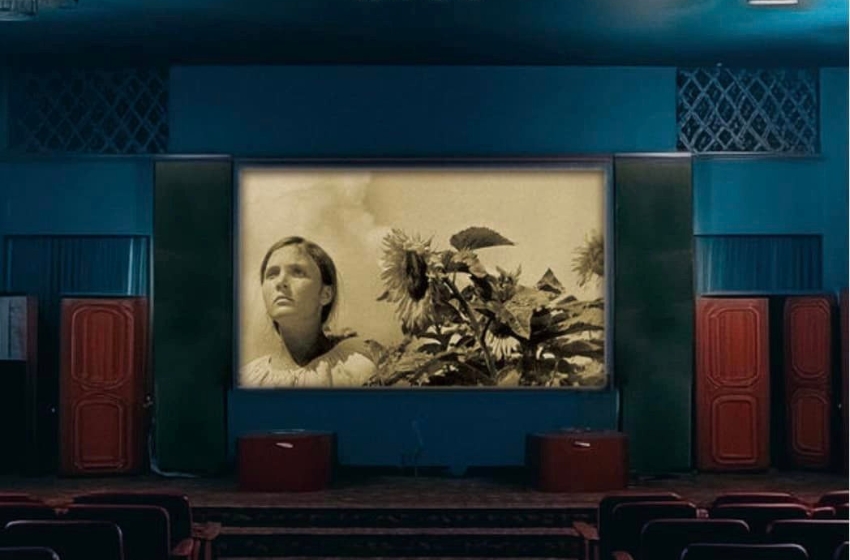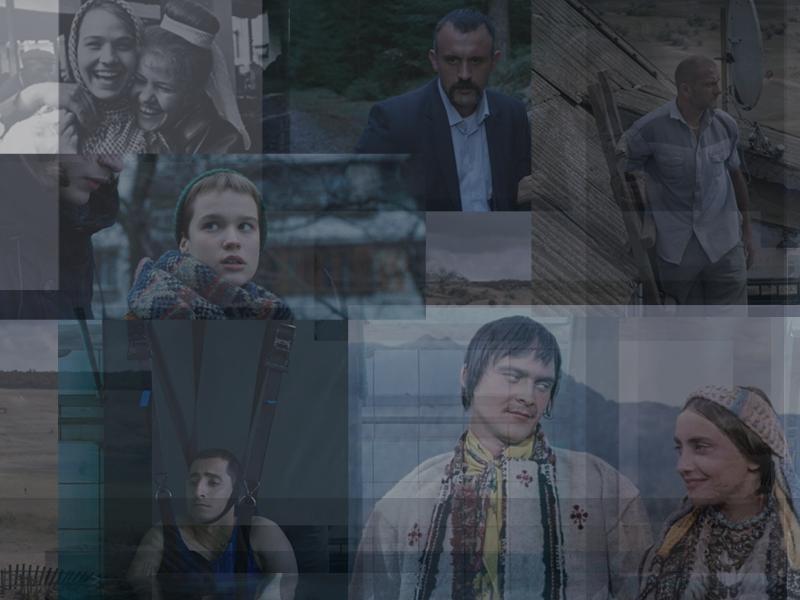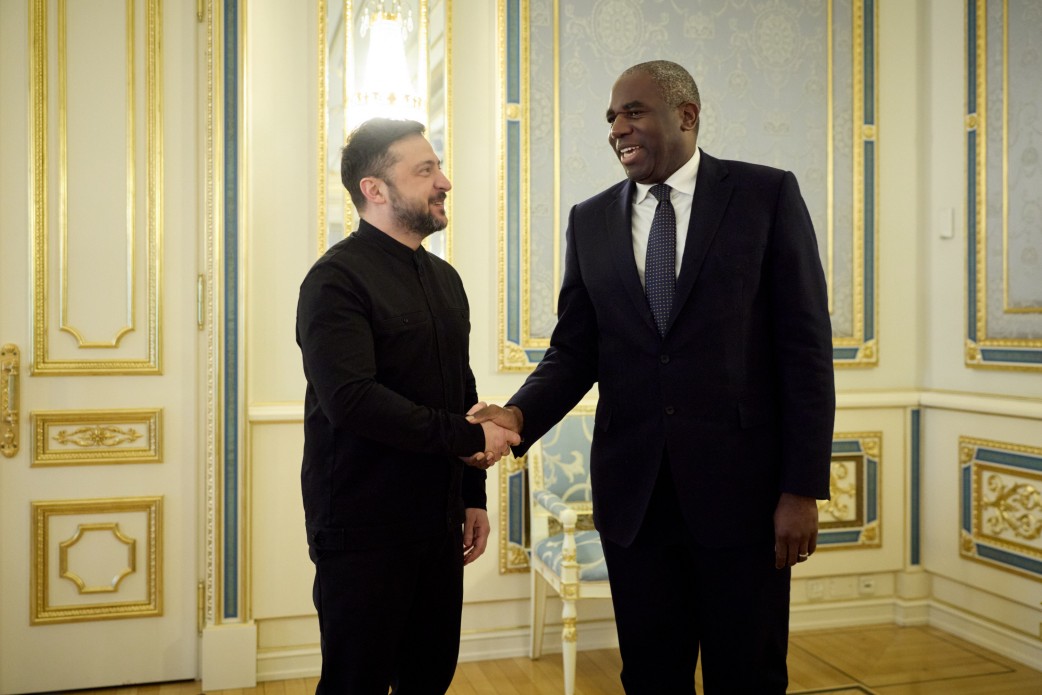Ukrainian experimental film of 1929 without a script and plot was named "the best documentary of all time". So declared the most authoritative British film magazine Sight & Sound, after having interviewed 300 respected world critics and film makers. How "The Man with a Movie Camera" remained unknown for 30 years, notwithstanding it inspired cult directors and musicians for half a century - in our article.
Welcome to Ukraine
Director Dziga Vertov (David Kaufman, took his pseudonym in honour of the Ukrainian name for the irrepressible toy) hated feature films and considered its influence pernicious, imposing falsity, and killing art. In the 1920s, in the conditions of Lenin's NEP and the warm reception of Eisenstein's Battleship Potemkin, it is not surprising that Vertov was expelled from Sovkino (the organization of Soviet cinema) for excessive formalism that did not meet the tasks of the Soviet era.
At that time, the URSR government was loyal to creative experimentation, and this caused a wave of emigration of filmmakers. In particular, this is how Vladimir Mayakovsky moved to Ukraine, who created three screenplays for the All-Ukrainian Photo and Film Administration, and Dziga Vertov with his brother-operator Mikhail Kaufman. On our land, they had more freedom. This is how the work on the film "The Man with the Movie Camera" began.
Jean-Luc Godard and François Truffaut named Vertov their teacher, and his films - canvases of unattainable skill

No script, no plot
The main feature of the film "The Man with the Movie Camera" is the innovative "cine-eye" technique, thanks to which Vertov and his brother wanted to demonstrate the broad independent possibilities of the cinematic language.
Therefore, the film has no credits, script, plot, scenery, actors. The idea is to show the processes outside the field of human vision, enhancing the impressions with rhythmic editing, with which the director was assisted by his wife Elizaveta Svilova. Vertov called it "the experience of filming visible phenomena."
This experimental work is aimed at creating a truly international absolute language of cinema based on its complete separation from the language of theater and literature.

What's in the frame?
The film is composed of short scenes of the chaotic life of Odessa, Kiev and Kharkov: the movement of transport and people, labor of workers, cultural events, houses, shop windows, entrances. Sometimes these images seem mundane, sometimes you can see a message and symbolism in them (for example, mannequins and the inscription “keep silenceâ€), real or invented, but today we can confidently say that this work also conveys the spirit of the times.
The camera looks around greedily, as if trying to absorb the whole world around it. Lights, shop windows and cars, racing trains and trams, smiling pretty mannequin heads, athletes, endless machines, crowds of pedestrians scurrying back and forth on the screen flicker on the screen. It is an encyclopedia of urban life that embodies the era.
It is interesting that, filming material in Odessa, Moscow and Kiev, Vertov creates an image not so much of a Soviet city as of a big city as such. He is probably one of the first directors to celebrate the rhythm of the modern metropolis with its whirlwind.

Cinematography and editing art
The film is just an encyclopedic set of camera and editing techniques: beveled corners, reflection shooting, time-lapse shooting, fast shooting, combining two or more images in one frame and many other techniques.
Since Vertov and Kaufman filmed everything they saw, the hardest work took place at the editing stage. The removed material was signed, numbered, sorted. Then Vertov and his wife edited the rough fragments - "bazaar", "factory", "city movement" and so on - and began to check how different fragments fit together ideologically and emotionally. It's funny that this process was also filmed and included in the film.
Work on "The Man with a Movie Camera" lasted over three years. Despite the hard work of the team, cameraman Mikhail Kaufman was still dissatisfied with the result, believing that they had failed to convey the idea.
We go to the cinema, blow up the cinema to see the cinema
Contemporaries did not accept the film, and Vertov's methods became a reason for ridicule. Eisenstein noted "a complete inability to edit footage." Even Ilf and Petrov scoffed at the director in the first edition of "The Golden Calf". They scolded him abroad, calling the dynamics of the frame rate inconceivable, elusive for the human eye (there were no clips on MTV in the 1920s). Thus, the film "The Man with a Movie Camera" was deleted from the Soviet cultural heritage. And Vertov was soon forgotten.

30 years later
In the 60s, after the death of the director, the filmmakers of the French new wave rediscovered his work and glorified all over the world.
Jean-Luc Godard and François Truffaut named Vertov their teacher, and his films - canvases of unattainable skill. American film critic Jim Hoberman called Vertov's “urban symphony-kaleidoscope†a cinematic analogue of Joyce’s Ulysses — the same stream of consciousness full of associations and symbols.
In 2010, Entertainment Weekly published a list of 12 documentaries that changed the world. The Man with the Movie Camera was among them.
This is an urban poem, funny, bright and witty.

Music
Many musicians were inspired by "The Man with a Movie Camera" and composed their own full soundtrack - from the minimalist composer Michael Nyman, known for his film scores by Peter Greenaway, to the Norwegian techno-ambient pioneer Biosphere, who in his version used the instructions for the pianist by Vertov himself. There were also completely original versions - for example, a semi-improvised live soundtrack performed by the Theremin Orchestra The Lothars at a show in Brooklyn.
In 2001, the city of Porto became the cultural capital of Europe for a year, and the first event of the year was the screening of the film "The Man with a Movie Camera" with the author's soundtrack by the British nude jazz formation The Cinematic Orchestra. The band later split the scale into 17 tracks and released the studio album "The Man with a Movie Camera" via Ninja Tune.

Sight & Sound
In 2012, the most authoritative British film magazine Sight & Sound, published since 1932, published a list of the best films without division into fiction and documentaries. Then "The Man with the Movie Camera" was the eighth, bypassing "Stalker", "Andrei Rublev" and "Mirror" Tarkovsky (No. 29, 26 and 19, respectively) and the same "Battleship Potemkin" "(No. 11).
This prompted the editors for the first time in the history of the magazine to create a separate rating dedicated to documentary filmmaking. More than 200 respected film critics and 100 filmmakers from around the world took part in the survey, including Walter Salles (director of Motorcycle Diaries), Paul Greengrass (Captain Phillips, Bloody Sunday, Green Zone), Michael Apted (ex- Directors Guild of America President) and others. "The Man with the Movie Camera" got 100 votes and took first place. The full version of the rating will be available in Sight & Sound in September 2014.






















